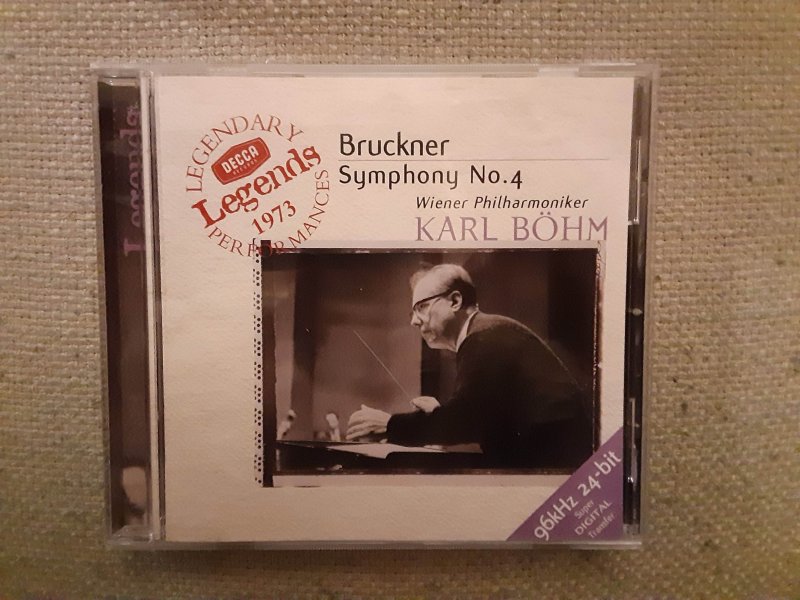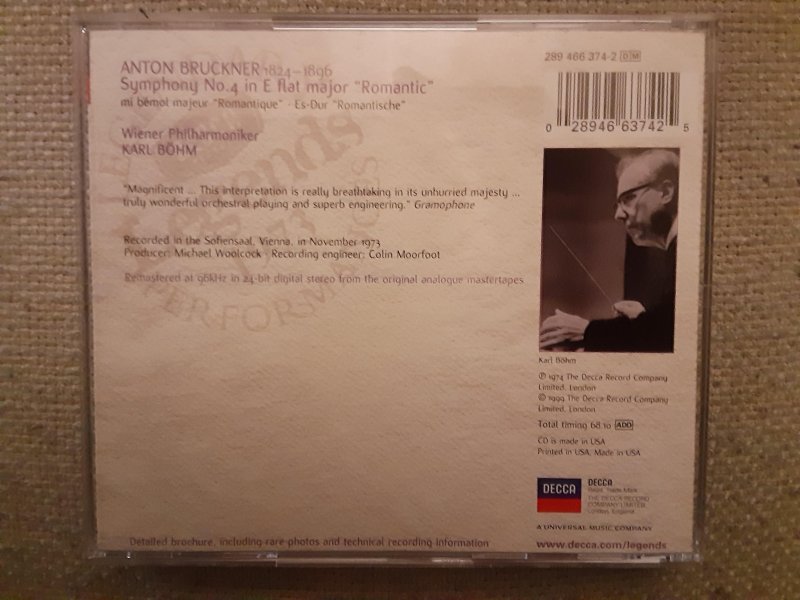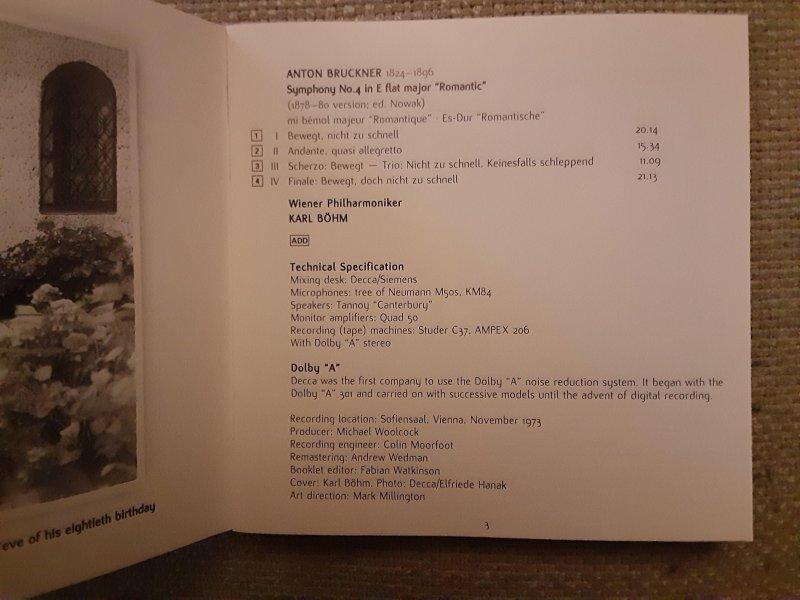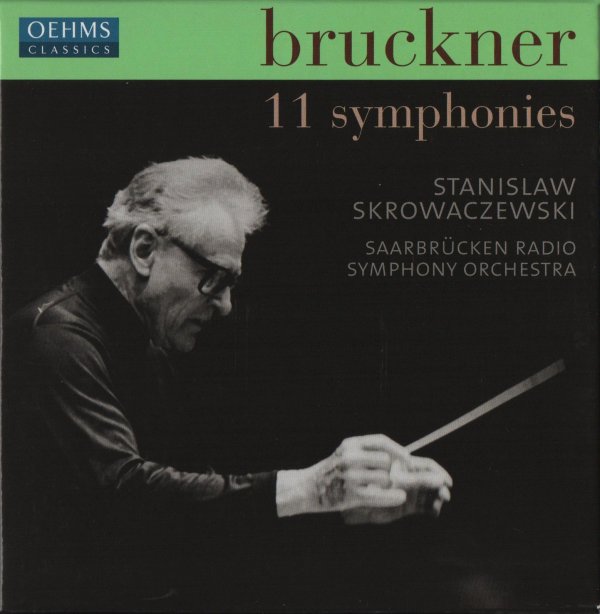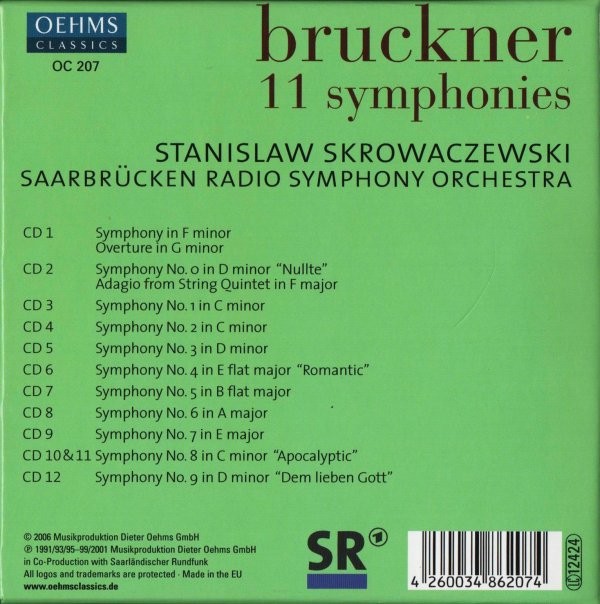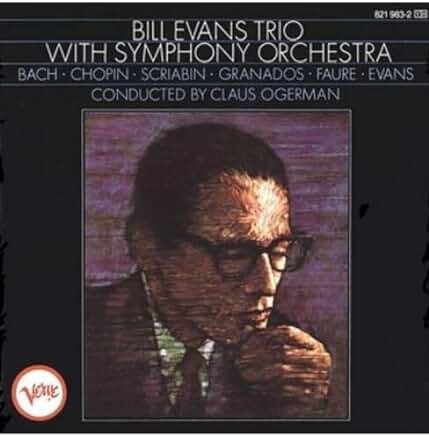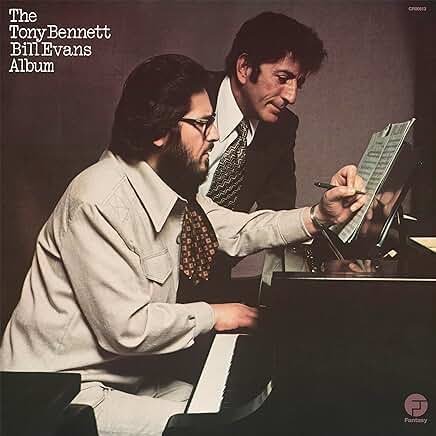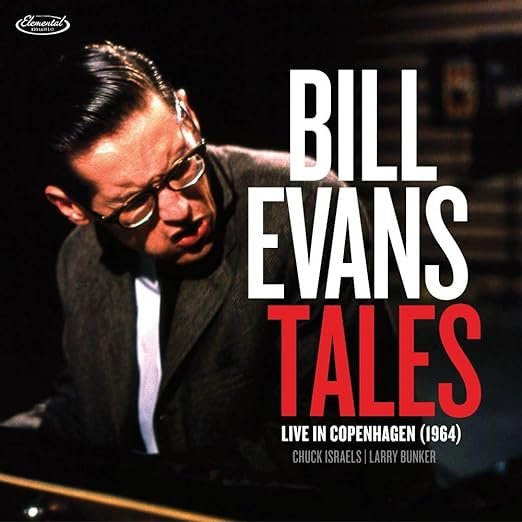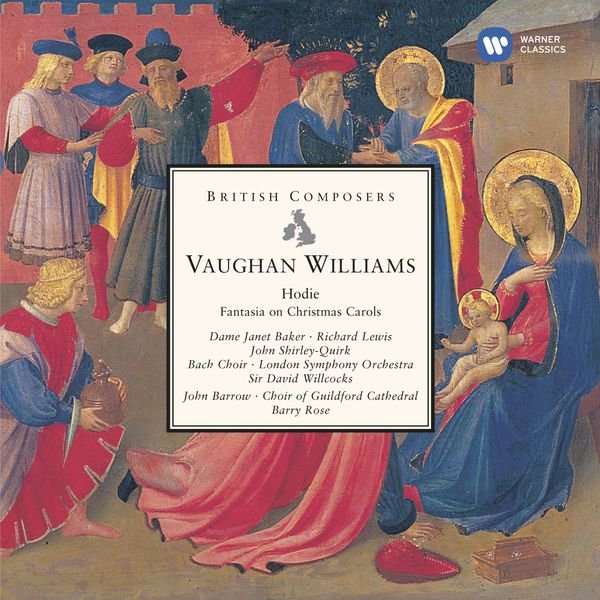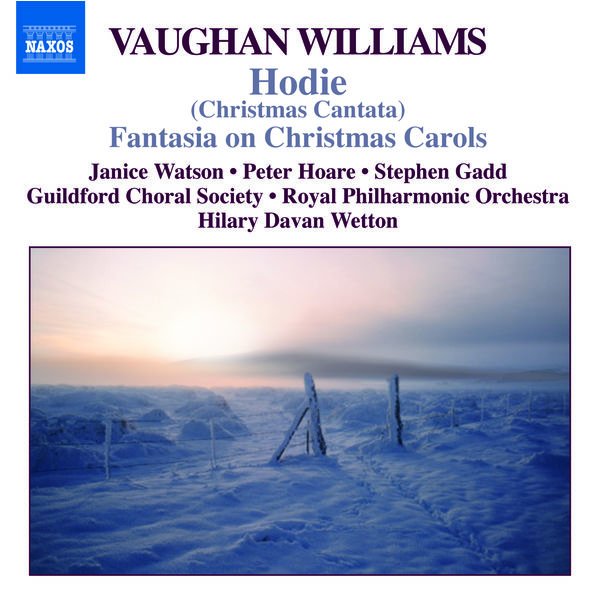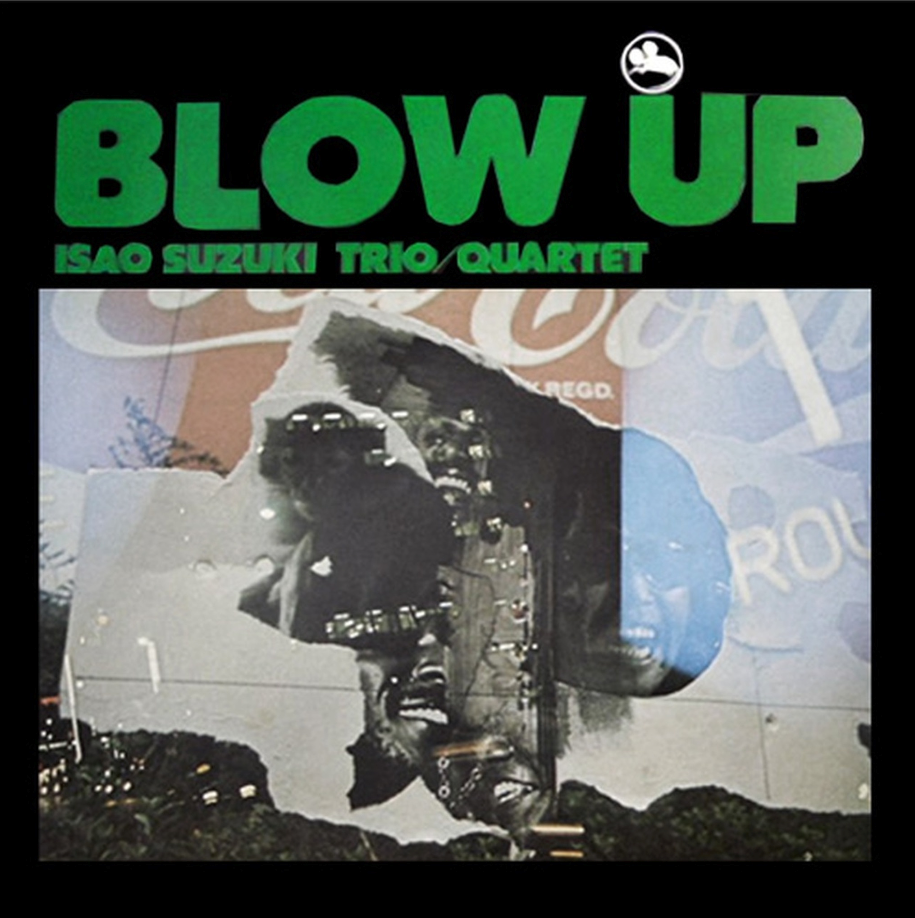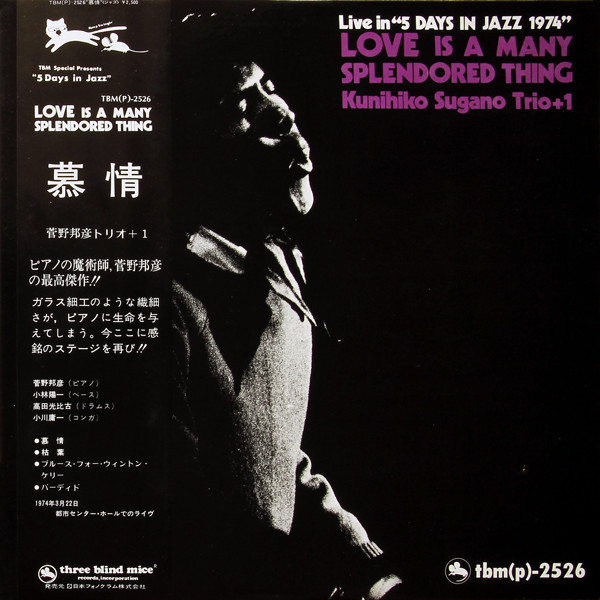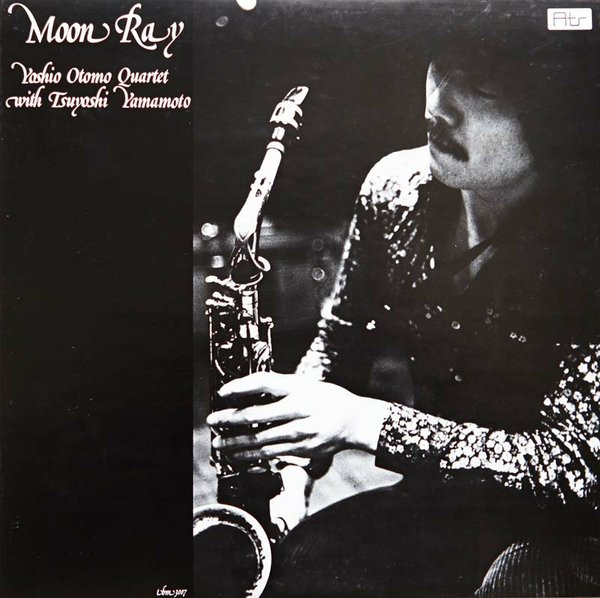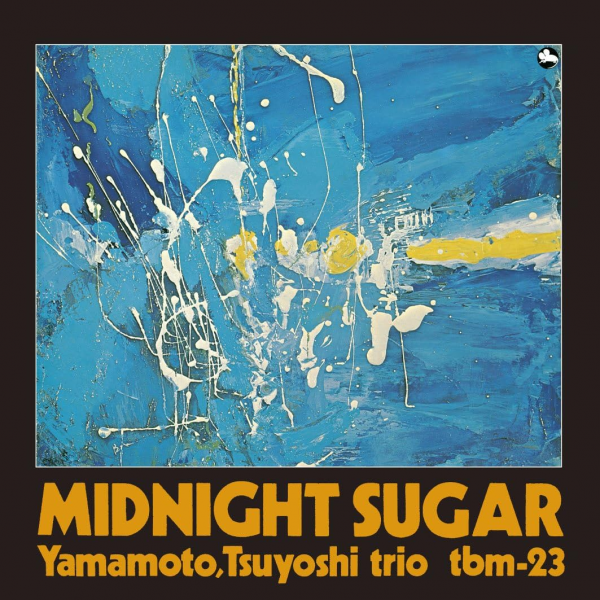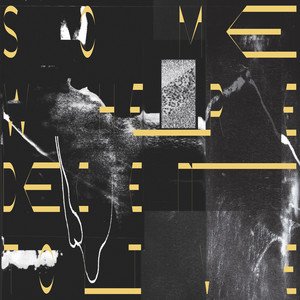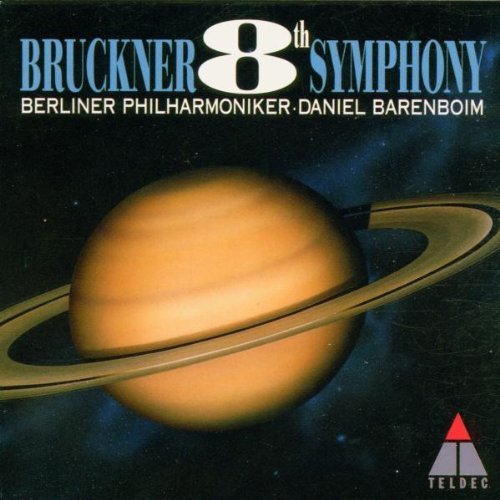The Tchaikovsky 1st piano concerto is one of those pieces that I need to come to after longer stretches of time compared to other compositions, as it is one of the most abused pieces of the classical repertory, and may result cheaply hyper-romantic on some renditions.
However, I always come out almost devastated when I listen to this recording from Argerich, Abbado and the Berlin Philarmonic. What Argerich did with this concerto is beyond description. Her furious, improvisatory take, her seemingly boundless control of the color, dynamics and timing of the keyboard created such an exhilarating experience which makes it impossible to remain unmoved - both figuratively and physically.
The drive, the swift accelerandos and ritardandos, how she pulled the orchestra with her, her consistent risk-taking make the heart accelerate, the hair raise in a full-body reaction to this music.
The most lyrical passages are equally compelling, emotional without being overly indulging, acting almost as necessary recovery transitions before the next virtuosic storm.
The sound capture is remarkable as well, with the piano highly illuminated in the foreground with a bold, majestic, sonorous presentation. The strings have the right amount of warmth and weight, and the brass section is simply spectacular: bright, explosive, with intimidating projection powers when called for.
My recommendation is to unleash all the power of your rigs and play this LOUD for maximum enjoyment
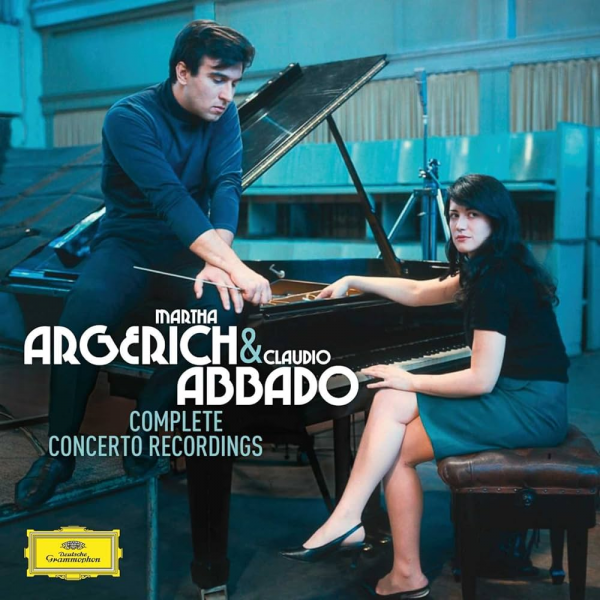
However, I always come out almost devastated when I listen to this recording from Argerich, Abbado and the Berlin Philarmonic. What Argerich did with this concerto is beyond description. Her furious, improvisatory take, her seemingly boundless control of the color, dynamics and timing of the keyboard created such an exhilarating experience which makes it impossible to remain unmoved - both figuratively and physically.
The drive, the swift accelerandos and ritardandos, how she pulled the orchestra with her, her consistent risk-taking make the heart accelerate, the hair raise in a full-body reaction to this music.
The most lyrical passages are equally compelling, emotional without being overly indulging, acting almost as necessary recovery transitions before the next virtuosic storm.
The sound capture is remarkable as well, with the piano highly illuminated in the foreground with a bold, majestic, sonorous presentation. The strings have the right amount of warmth and weight, and the brass section is simply spectacular: bright, explosive, with intimidating projection powers when called for.
My recommendation is to unleash all the power of your rigs and play this LOUD for maximum enjoyment











